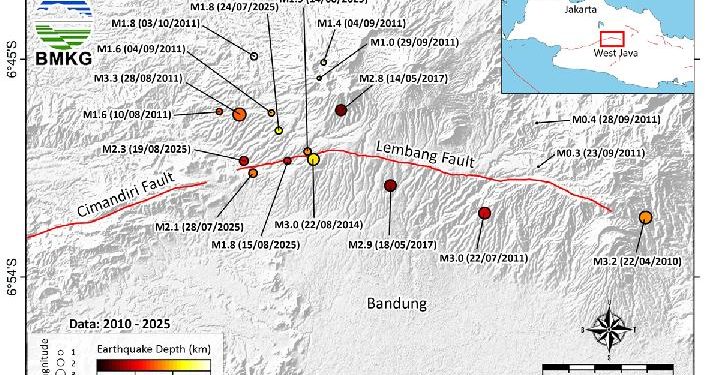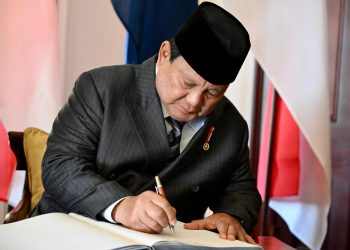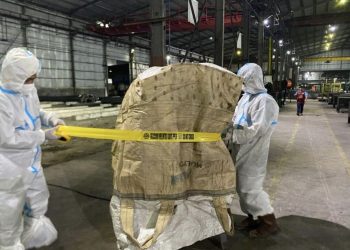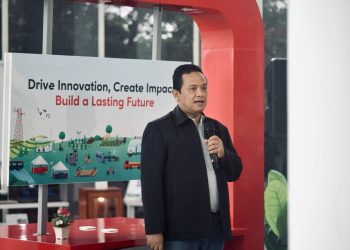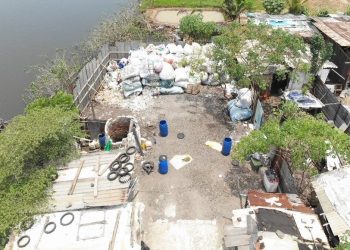Bandung, Indonesia Sentinel — Indonesia’s National Research and Innovation Agency (BRIN) has warned that the Lembang Fault in West Java is entering an active phase that could release enough energy to trigger an earthquake of up to magnitude 7.
“The Lembang Fault stretches 29 kilometers and is capable of generating quakes ranging from magnitude 6.5 to 7. In the worst-case scenario, it could reach magnitude 7,” said BRIN seismologist Mudrik Rahmawan Daryono during a field visit in Lembang on Sunday, August 24.
Historical studies suggest the fault has an energy-release cycle between 170 and 670 years. The last major earthquake in the area occurred in the 15th century. With more than 560 years having passed, scientists say the region is now within the recurrence window for a large quake.
“It could happen now or a hundred years from now, we cannot predict exactly. But the cycle indicates the risk is real,” Mudrik said.
In recent months, the fault has shown increased activity, with a series of small tremors recorded in August. Such minor quakes can either signal gradual energy release which is a relatively safer outcome or act as foreshocks before a larger earthquake, Mudrik explained.
“We’ve detected several small quakes around kilometer six in Ngamprah. As scientists, we cannot confirm whether these will culminate in a major quake or simply stop, but both scenarios remain possible. What matters is preparedness,” he told Detik.
The recent seismic activity included a magnitude 1.8 tremor in Cisarua, Bandung Regency, on August 14, followed six days later by a magnitude 4.9 quake southeast of Bekasi at a depth of 10 kilometers. The Bekasi quake, linked to the West Java back-arc thrust, was followed by two smaller aftershocks measuring magnitude 2.1 and 2.0.
In response, local governments have begun preparing contingency plans. The city of Bandung has designated six evacuation sites—including Tegalega Park, Gelora Bandung Lautan Api Stadium, Gasibu Field, Bandung’s central square, Sasana Budaya Ganesha (Sabuga), and Arcamanik Sports Field, in the event of a major quake.
“An earthquake could disrupt infrastructure, the economy, and society at large. That’s why our policies are focused on prevention and preparedness, not just response,” said Bandung Deputy Mayor Erwin, as reported by Antara.
(Raidi/Agung)


